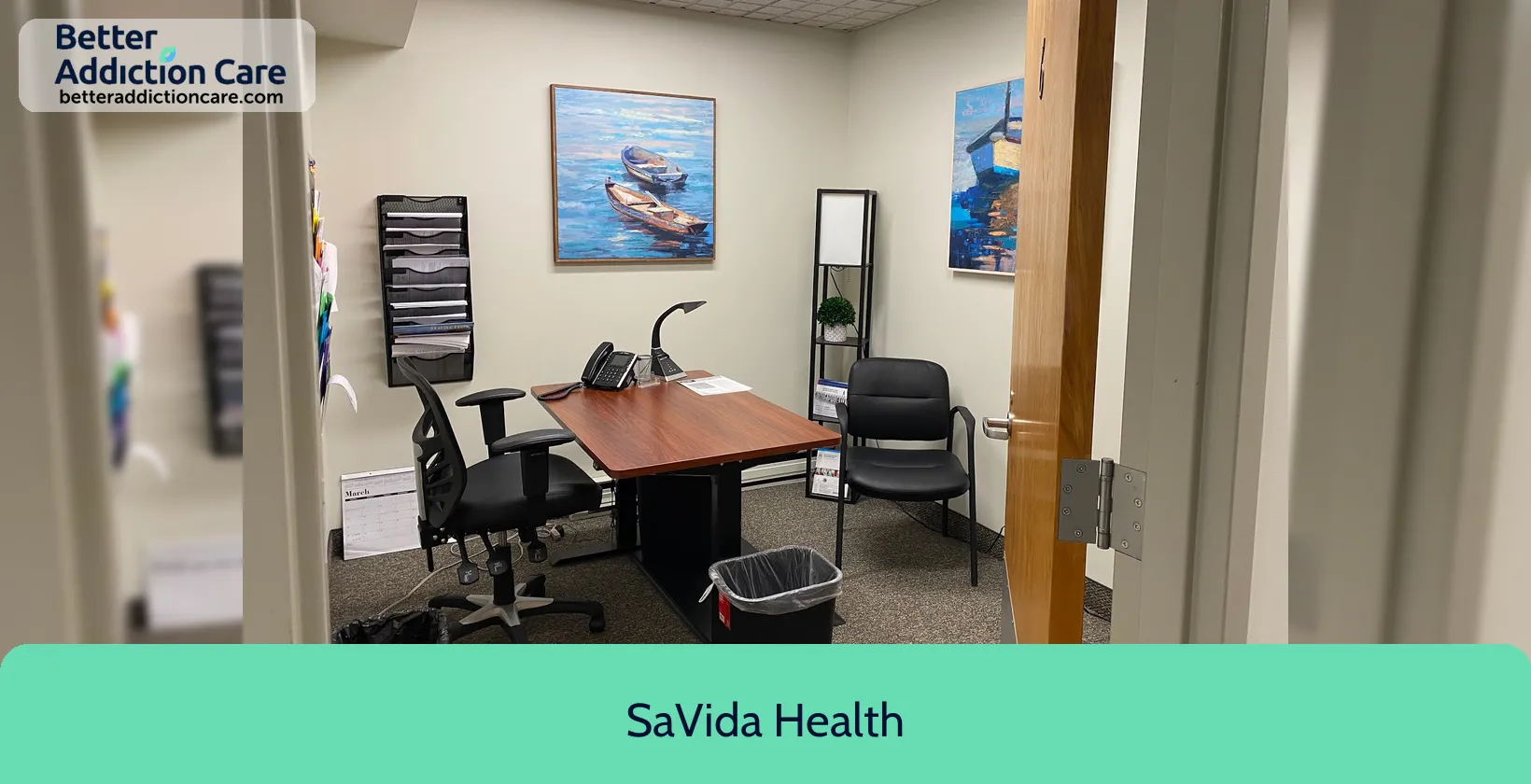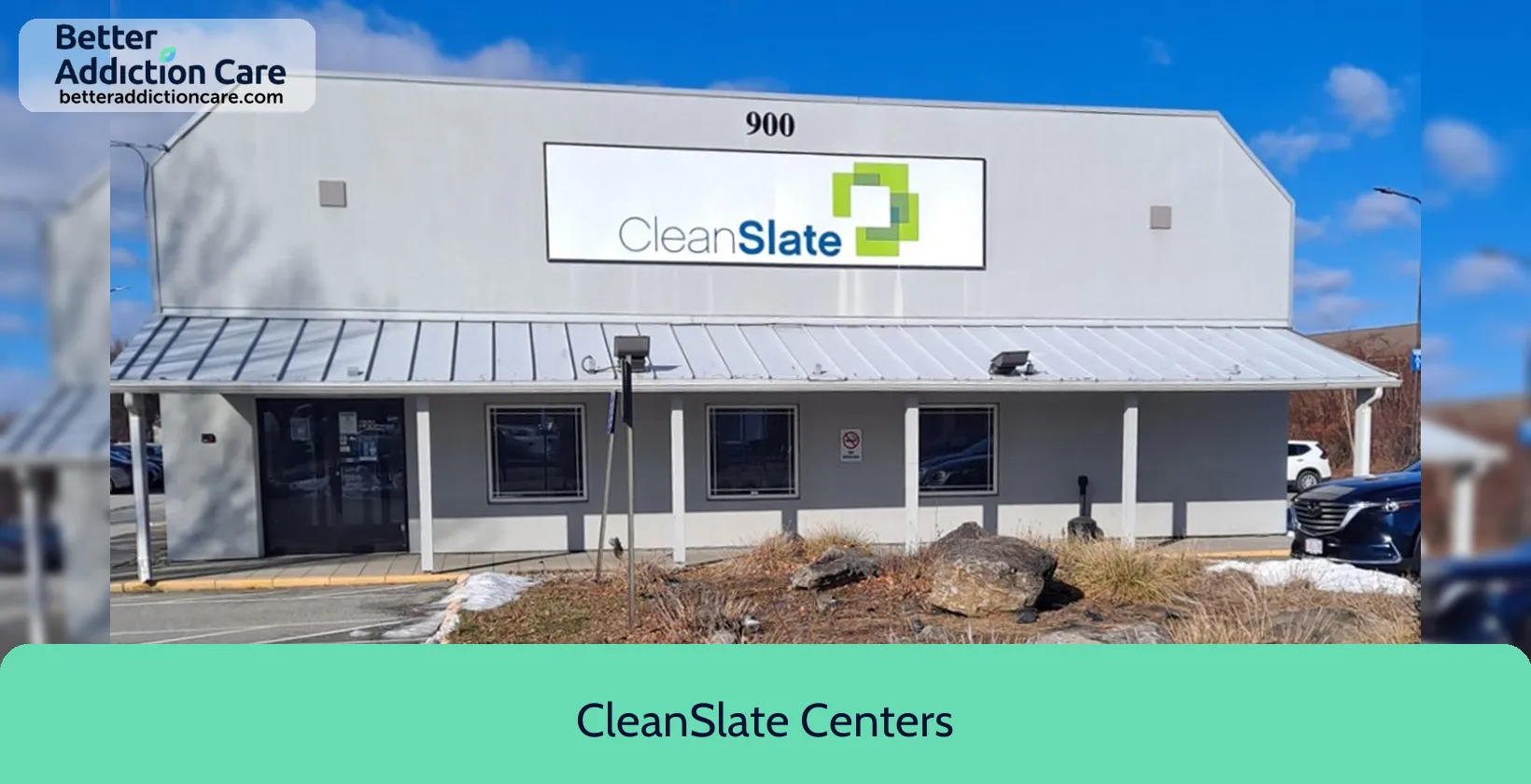AdCare Outpatient

Overview
AdCare Outpatient Addiction Rehab, situated in West Springfield, Massachusetts, provides comprehensive outpatient treatment for individuals who are grappling with substance use disorders. The facility offers treatment options that are both flexible and personalized, thereby supporting recovery and facilitating the demanding schedules of its clients. AdCare provides specialized programs, such as support for LGBTQ+ organizations, to ensure inclusive care for all demographics, despite the fact that it is not explicitly gender-specific or faith-based.
AdCare provides a variety of programs, such as outpatient services, Intensive Outpatient Programs (IOP), Partial Hospitalization Programs (PHP), telehealth services, family therapy, and aftercare support. Their treatment modalities consist of evidence-based therapies, including Cognitive Behavioral Therapy (CBT), Dialectical Behavior Therapy (DBT), and Motivational Interviewing (MI). Additionally, the facility provides counseling services for individuals, groups, and families, as well as specialty programs such as early recovery and co-occurring disorders. AdCare guarantees effective and compassionate care by emphasizing accessibility through telehealth and adopting a holistic approach. AdCare is accredited by The Joint Commission, indicating that it adheres to rigorous quality and safety standards in addiction treatment.
AdCare Outpatient at a Glance
Payment Options
- Cash or self-payment
- Medicaid
- Medicare
- State-financed health insurance plan other than Medicaid
- Private health insurance
Assessments
- Screening for tobacco use
- Comprehensive substance use assessment
- Screening for substance use
- Comprehensive mental health assessment
Age Groups
- Young adults
- Adults
- Seniors
Ancillary Services
- Case management service
- Suicide prevention services
- Mental health services
- Social skills development
Highlights About AdCare Outpatient
6.89/10
With an overall rating of 6.89/10, this facility has following balanced range of services. Alcohol Rehabilitation: 8.00/10, Drug Rehab and Detox: 6.00/10, Insurance and Payments: 6.00/10, Treatment Options: 7.58/10.-
Alcohol Rehabilitation 8.00
-
Treatment Options 7.58
-
Drug Rehab and Detox 6.00
-
Insurance and Payments 6.00
Accreditations
State department of health:

Government agencies issue State Licenses, granting rehabilitation organizations permission to operate their businesses lawfully within specific geographic regions. The specific licenses needed for legal operation are typically determined by the type of rehabilitation program offered by the facility and its physical location.
The Joint Commission:

The Joint Commission, previously known as JCAHO, is a nonprofit organization that accredits rehabilitation organizations and programs. Established in 1951, its mission is to enhance the quality of patient care and showcase excellence in healthcare delivery.
Treatment At AdCare Outpatient
Treatment Conditions
- Mental health treatment
- Alcoholism
- Substance use treatment
- Co-occurring Disorders
Care Levels
- Outpatient
- Intensive outpatient treatment
- Regular outpatient treatment
- Aftercare
Treatment Modalities
- Cognitive behavioral therapy
- Telemedicine/telehealth therapy
- Substance use disorder counseling
- Trauma-related counseling
- Smoking/vaping/tobacco cessation counseling
Ancillary Services
Languages
- Sign language services for the deaf and hard of hearing
- English
Additional Services
- Pharmacotherapies administered during treatment
- Discharge Planning
- Breathalyzer or blood alcohol testing
Special Programs
- Clients with co-occurring mental and substance use disorders
- Clients who have experienced trauma
Get Help Now
Common Questions About AdCare Outpatient
Contact Information
Other Facilities in West Springfield

6.62

7.42

6.88
DISCLAIMER: The facility name, logo and brand are the property and registered trademarks of CleanSlate Centers, and are being used for identification and informational purposes only. Use of these names, logos and brands shall not imply endorsement. BetterAddictionCare.com is not affiliated with or sponsored by CleanSlate Centers.
